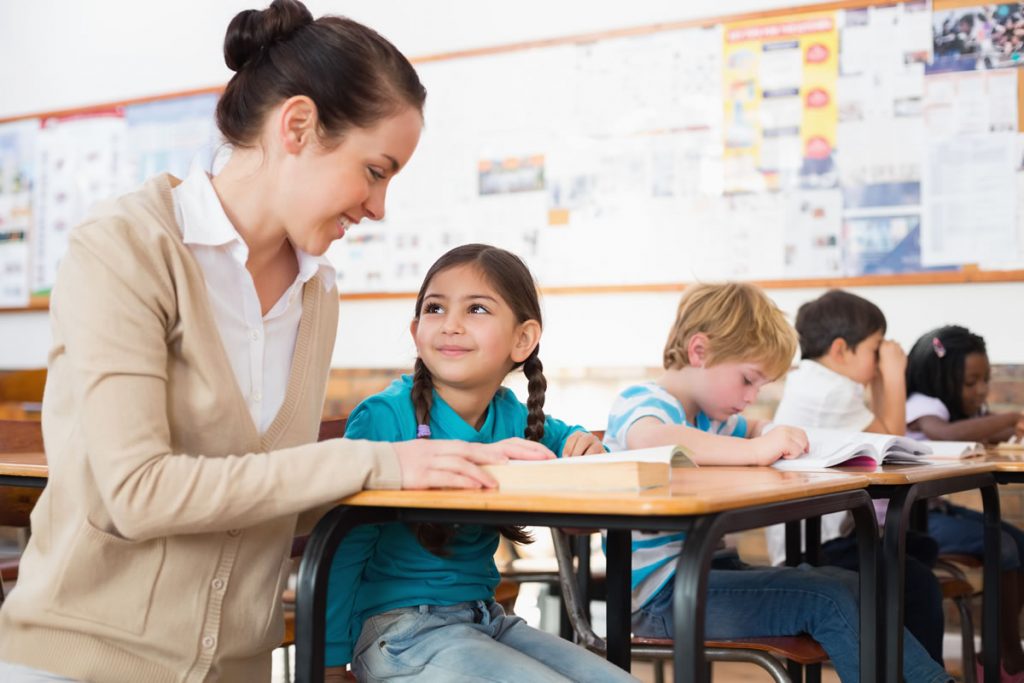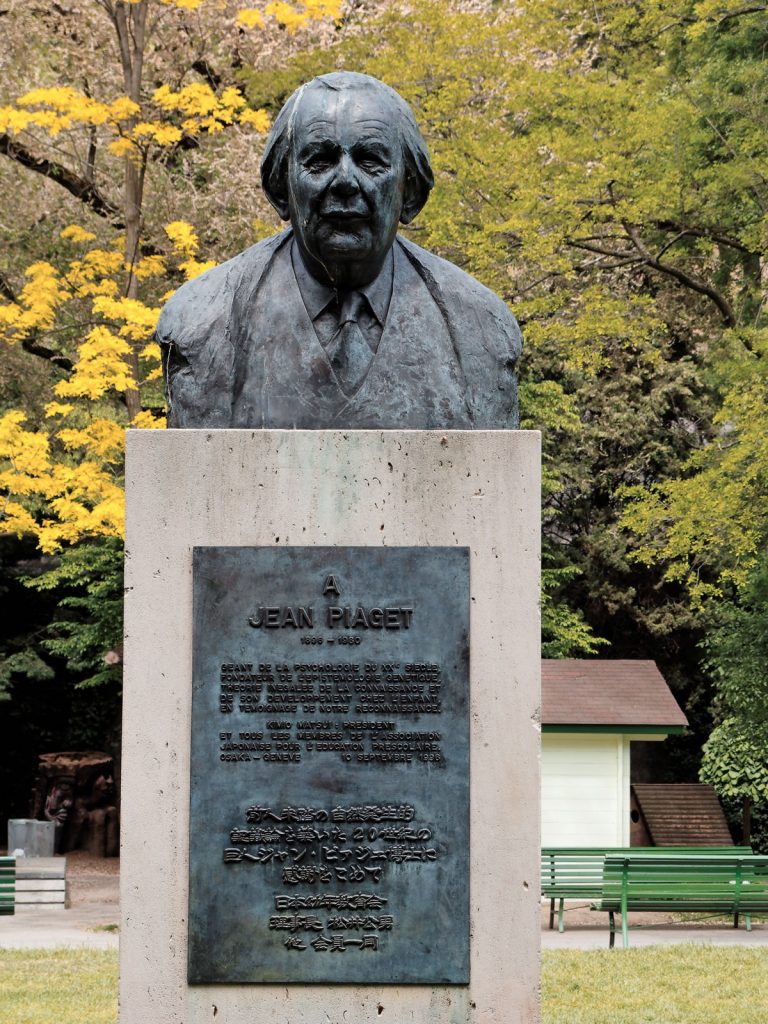Jean Piaget (1896-1980) was initially an epistemologist and biologist, but later he also obtained his degree in child psychology, studies that marked him the most and for which he is most remembered, to such an extent that Piaget has been considered the Most influential man of the 20th century in education and pedagogy.
We have already spoken on more than one occasion about Jean Piaget, since he is one of the most important references at an educational level and, therefore, all teachers should have the opportunity to meet him and get closer to his figure …, but most of those Sometimes we have put aside the bulk of his work. And it is that Piaget’s work is made up of many titles that are more than recommended, especially for those interested in the world of education or who are already practicing, and they are titles that are worth reading and working on, although some of its postulates have already been deprecated .

What is all that Piaget told us about education and learning and where can we find it?
Main Piaget works you should know
Works especially focused on children
- The judgment and the reasoning in the child (1932).
- The moral criterion in the child (1934).
- The birth of intelligence in the child (1936).
- The formation of the symbol in the child (1946).
- Child Psychology (first edition 1969 and last in 2015).
Works focused on history, logic and sociology
- The development of the notion of time (1946).
- Introduction to genetic epistemology (1950).
- Memory and intelligence (1968).
- The Composition of Forces and the Problem of Vectors (1975).
- The Awareness (1976).
- Sociological Studies (published 1977).
- The elementary forms of the dialectic (originally published in 1980 and in Spanish in 1982).
Works of psychology and psychopegadogy
- The psychology of intelligence (1947).
- Six Studies in Psychology (1964).
- Psychology and pedagogy (1969).
- Investigations on the correspondences (year 1980).
- Psychogenesis and history of science (published in 1982 together with Rolando García).
- The elemental forms of dialectics (first edition published in 1980 and in Spanish in 1982).
- Towards a logic of meanings (work published posthumously in 1987 with Rolando García).
- Morphisms and categories (posthumous work published in 1990 together with Henriques, Ascher and Papert).

As we can see, there are many works that Piaget left focusing on the world of education and childhood from different points of view and disciplines, which is why he is considered a reference and a character with great weight in global and multidisciplinary development of the smallest . All his works are important and should be known and read by nursery and primary school teachers especially, but there are three that have a special importance and that we will break down below.
Most important works of Jean Piaget
- The representation of the world in the child
It is a text that seeks to delve into the psychology of the little ones, trying to investigate the spontaneous representations about the world that children have throughout their intellectual development. This work was published in Spanish in 1973 and was written by Piaget and 10 other collaborators.
- The language and thought in the child
It is a book that presents a coherent theory of children’s language and studies the communication process between children. Piaget seeks to transmit his studies on infantile vocalization and the relationship that the child’s thoughts have with the language he builds . He also studied in this work the effect of punishments and rewards in childhood.
- Balancing cognitive structures, a developmental problem
It is a work published in 1975 where Piaget explains the central process of balance in the formation of knowledge. For Piaget, knowledge is a construct that arises from the combination of multiple factors, the product of the constant elaboration of new structures. In his work he dwells on the processes of balancing and the construction of sensory, motor, perceptual, spatial and logical mathematical structures .
Although many of his ideas or approaches have been somewhat obsolete, the figure of Jean Piaget continues to be fundamental for education and psychopedagogy, so anyone who aspires to teaching should take the time necessary to go and take refuge in these works , and thus know more in depth the pillars of the most current educational panorama.












































































































Recent Comments